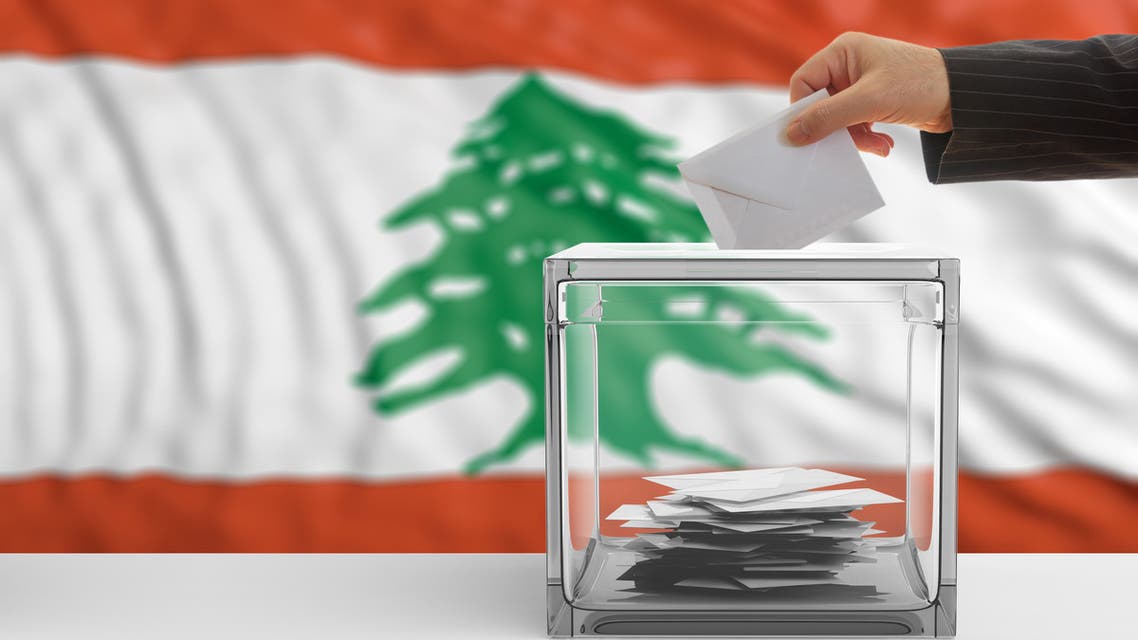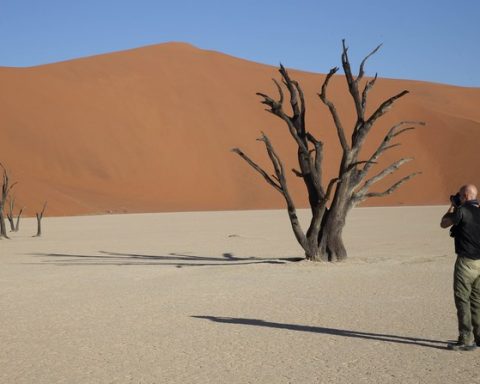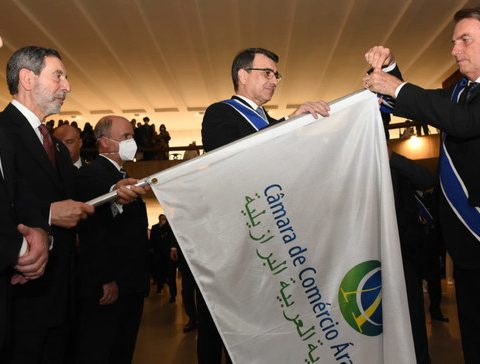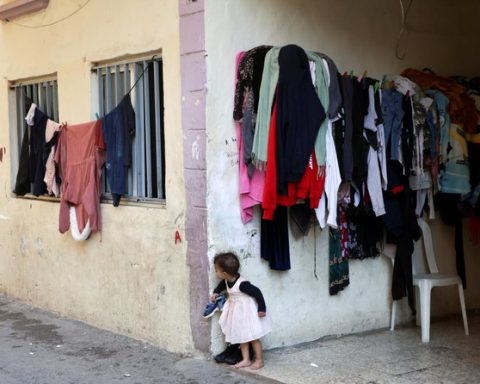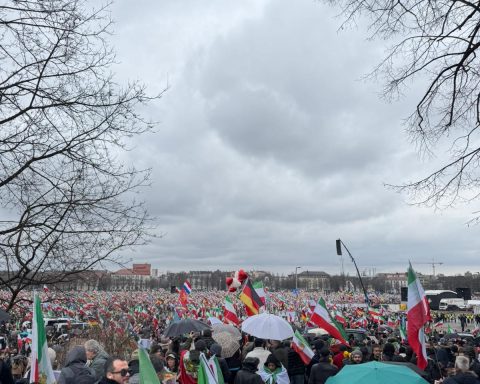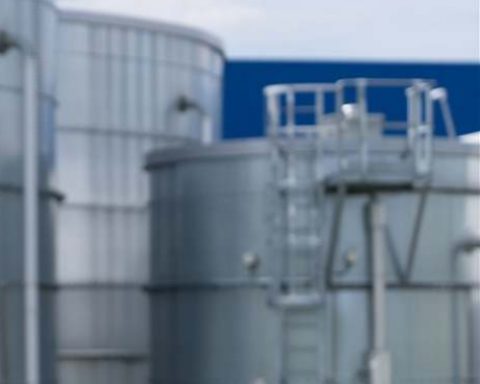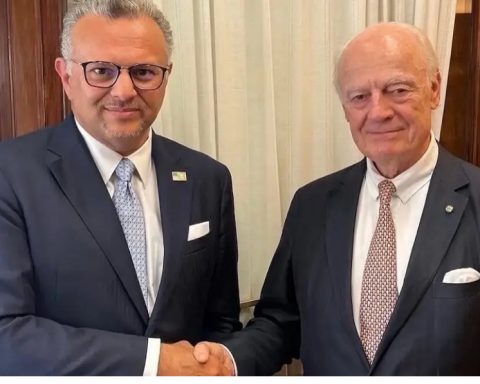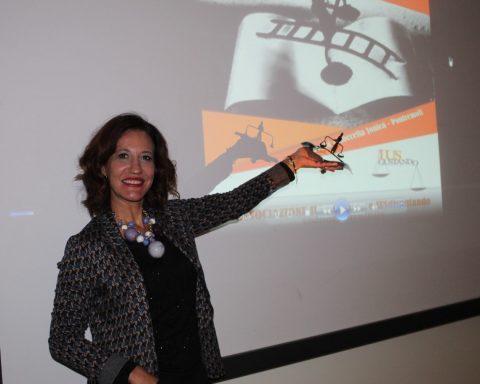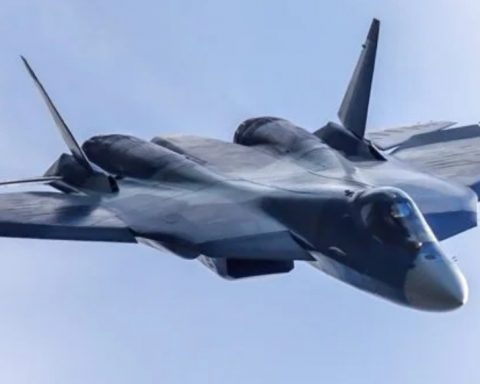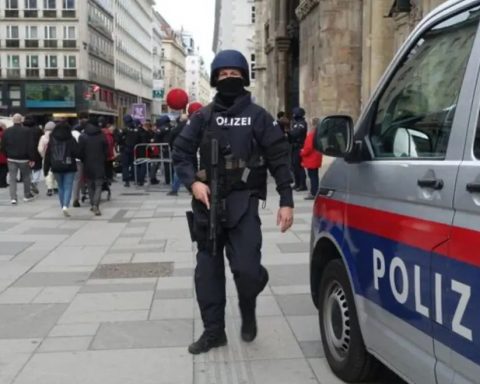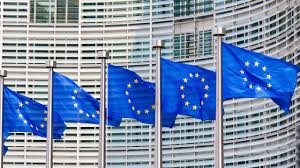Lebanon – The final number of candidates who will run for the May 15 Lebanese parliamentary elections is 1,043. The final total includes 155 women, 15 percent of the registered candidates.
This is the highest number of candidates in Lebanese political history, with the number of candidates for one seat exceeding expectations in some electoral districts.
In 2018, 976 candidates registered, including 111 women.
The battle is being fought between the parties in power and the civil movement that accuses the authorities of corruption while opposing armed militias and what they call the Iranian occupation of Lebanon.
The elected majority will form the new parliament that will elect the president who will rule the country in October. Opposition parties are hoping for urgent presidential reform after the reign of Michel Aoun, which has been filled with rivalries, political disputes and economic meltdown.
Candidates can finalize the electoral lists for each district until April 4, with the deadline for those who decide to withdraw their candidacy falling on March 30. They will not be permitted to withdraw their $1,500 deposit.
The number of candidates expected to run on election day is anticipated to be halved due to the inability of everyone to join lists.
Lebanese Interior Minister Bassam Mawlawi said: “As the government promised, it is ready to hold the elections, and citizens must go to cast their votes, following their interests in a real homeland.”
He called on the local and international community to participate in monitoring the polls to “ensure their transparency and integrity and the total impartiality of the government.”
He said there are no “logistical obstacles” and that the government is working toward fulfilling all electoral needs.
The current candidates are distinguished by the strong presence of lawyers, most notably the previous head of the Beirut Bar Association Melhem Khalaf, one of the activists in the civil movement, in addition to several media professionals.
Tony Francis, a political analyst, told Arab News that the rise of the number of candidates is not surprising. “The political powers are diverse, as some are traditional and want to maintain their seats, while others have emerged from the civil society.”
According to Francis, it is likely that the number of candidates will reduce by half, especially in the districts where competition is high and candidates are unable to agree on the lists, most notably in the Beirut districts and in Mount Lebanon, northern areas and Bekaa districts.
He said the Shiite Hezbollah and Amal Movement groups have decided their candidates in the influential regions and that their competition is ineffective in principle.
Hezbollah Secretary-General Hassan Nasrallah said the next electoral battle is the “battle of our allies.” He added that the presence of Hezbollah “in the government and parliament is necessary to protect the resistance.”
He said: “We aim to win and these elections are decisive and some of the most important and dangerous political battles.
“The alternative to the elections is the absence of a parliament. Therefore, we must deal seriously with the elections and work on increasing the voter turnout, even if that requires visiting people at their homes rather than public meetings.”
Francis said: “The determination of the parties in power to nominate the same people who were MPs while some of them are accused in the Beirut port blast case and some accused of financial irregularities, is disrespectful to people.”
He expressed fear that if Hezbollah and the Free Patriotic Movement felt, even minutes before the election date, that the existing balance in the parliament would not be in their favor, they would certainly cancel the elections.
MP Anwar Al-Khalil, 84, part of the Amal Movement led by Nabih Berri, said the current electoral law is “the worst law in the history of Lebanon.”
He said he will not run for the elections due to his dedication to implementing the provisions of the constitution under the Taif Agreement.
